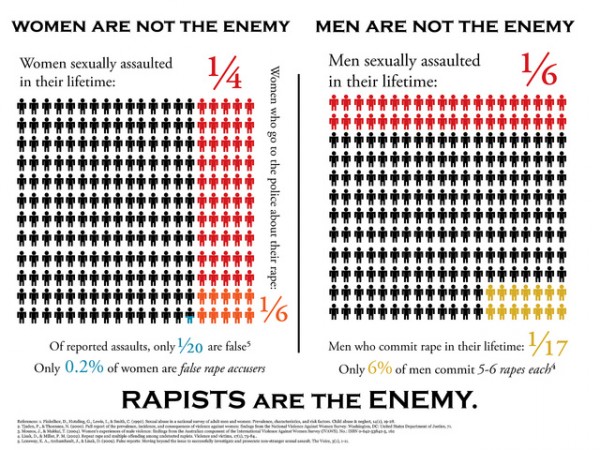
Originally posted March 12, 2016.
Last week, a civil judge ruled that singer Kesha must fulfill her music contract despite allegations that her producer sexually assaulted her. While Kesha received an outpouring of support from fellow artists and fans creating the hashtag #FreeKesha, entertainment show host Wendy Williams critiqued the singer for not disclosing the “alleged” rape earlier. The media frequently questions the credibility of women like Kesha and the accusers of famous men like Mike Tyson and Bill Cosby because their stories deviate from what are perceived as “real rape” experiences (those committed by strangers and with a deadly weapon). Social science research helps us sort out how and why institutions risk “revictimizing” survivors as they navigate the criminal justice process.
The majority of victims do not report assaults to police, often because they don’t think they’ll be believed. Unsurprisingly, the cases most reported to police are those perpetrated by strangers and/or involving a weapon—what victims (and police) believe best constitute criminal, “authentic rapes.” Further, police treat victims perceived as “professional” as more credible than prostitutes.
- Bonnie S. Fischer, Leah E. Daigle, Francis T. Cullen, and Michael G. Turner. 2003. “Reporting Sexual Victimization to the Police and Others,” Criminal Justice and Behavior 30(1): 6-38.
- Amy Dellinger Page. 2008. “Judging Women and Defining Crime: Police Officers’ Attitudes Toward Women and Rape,” Sociological Spectrum 28(4): 389-411.
Victims can also be revictimized if they opt to undergo a physical examination. Forensic nurse examiners often prioritize the preservation of forensic evidence while unintentionally neglecting the emotional care of the victim in service to the criminal investigation.
- Sameena Mulla. 2014. The Violence of Care: Rape Victims, Forensic Nurses, and Sexual Assault Intervention. New York: New York University Press.
The court process is distinctly difficult for victims, too. They must attempt to satisfy the expectations of prosecutors and withstand cross-examination by defense attorneys. Prosecutors may prepare victims for testimony by encouraging them to use certain vocabulary, dress in a way that suggests they did not “ask for it,” and show emotion to convey the specific feelings expected of a rape survivor. Despite rape shield laws that prohibit attorneys from disclosing a victim’s sexual history, defense attorneys may still question the victim’s morality, interrupt victims, ask confusing questions, and limit their responses in an effort to transform sexual violence into mutual consent in the eyes of a judge and jury.
- Amanda Konradi. 2007. Taking the Stand: Rape Survivors and the Prosecution of Rapists. Westport: Praeger.
- Gregory Matoesian. 1993. Reproducing Rape: Domination through Talk in the Courtroom. Chicago, IL: The University of Chicago Press.

Comments